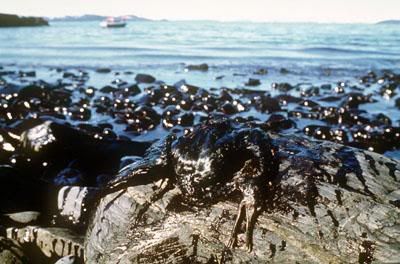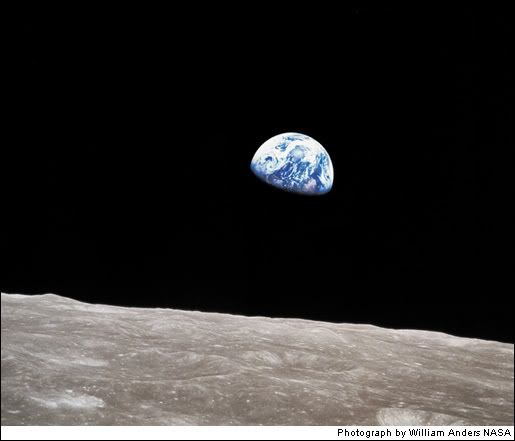The answer to this question will surely change over the next year as I deal with denials and acceptances and everything in between while applying to college, but I should probably write on this question now too:
Wake Forest is rethinking admissions. How has college admissions made you rethink yourself?
What an important question to answer. All schools should be rethinking admissions--this process has gotten entirely out of control and I honestly predict that one of these years it will blow up in our faces. The process is too competitive, too much about numbers, too politicized. The process has only made me feel worse about myself, even though in general I'm a very confident person, and made me cynical, unfortunately.
I suppose the thing that has most disappointed me (but also made me understand myself better) about the process is the resume-building. It feels like the only reason so many teens are involved in clubs, sports, and community service is for the purpose of saying, "look, College, I did this and it's impressive!" I find this nauseating...it's just a form of groveling and playing their game. It doesn't feel genuine.
I participate in all kinds of activities on campus, and sometimes someone will ask me, "do you just do all of those things to say that you do them on your college apps?" The answer always no. I genuinely like everything that I take part in and have never signed up for something just because it "looks" good. I've seen plenty of people who aren't in the same boat, though. At one point sophomore year, many students were submitting applications to a leadership group, myself included, I was really excited about the group and really wanted to be a part of it. In one of my classes, a girl asked another girl if she was applying for the group. "Yeah, I have to get into college somehow," was the response. What a backwards thought, as all I could think. Why should that girl get to take up the spot in the group when someone else actually wants to be in it?
I've realized about myself, though, that this genuineness is extremely important to me. It's essentially honesty. I understand that I will never be the type to cheat to get ahead or change myself to please someone else.
Since freshman year there has been this ubiquitous, intangible being called College that we were all terrified of. And it seems that all we've been doing, especially in the past year, was trying to please College, whether that be with test scores, grades, extracurricular activities, or even just a sob story in a college essay. I haven't like being asked to cater to College's needs in my high school careers. What about what
I want? What about pleasing myself first? What about enjoying my high school years instead of having to think about the four years that will follow?
There have been several points in the last few years when I've had to pause and ask myself what I want and follow that guideline instead of serving College whatever it wants on a silver platter. For example, when my last test scores came and were good but not perfect, I had to really ask myself if I wanted to keep trying for a perfect score. I had to make myself stop. I wanted to stop so much. Why would I pour my efforts into showing that I could master this one test?
And on the note of test scores, I should be grateful that there are two standardized tests that all colleges will accept, as I was definitely better suited for the ACT. But I feel as if there should be a few more tests, each measuring different kinds of intelligences. Some people are geared toward the SAT and some towards the ACT, but some need a different kind of test to show what kind of student they are.
The process has certainly made me rethink what I want out of my life. I now have a pretty concrete understanding that in my career, I want to be having a positive impact in the world, hopefully by doing something with conservation, and I want to be producing something like a publication. I value the written word and its ability to have an impact, and I hope that in a magazine I could spread the world about environmentalism as well as stretch my creative muscles in graphic design, breathing in the aesthetic aspects of publication production.






